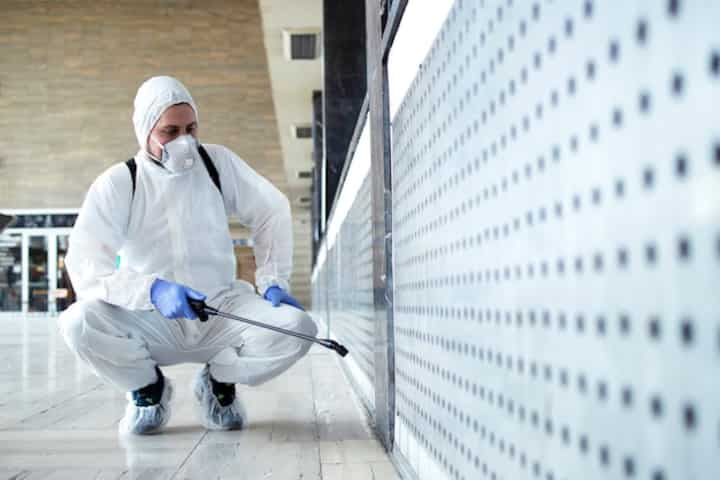
Ultimate Guide to Crawl Space Mold Remediation Removing Mold Near You
Mold in crawl spaces is a common problem that can lead to serious health issues and structural damage if not addressed promptly. This article provides an ultimate guide to crawl space mold remediation, offering insights into understanding, identifying, and effectively removing mold from crawl spaces near you. By following the outlined steps and preventive measures, homeowners can ensure a healthier living environment and protect their property from further damage.
Understanding Crawl Space Mold
Mold thrives in damp, dark, and poorly ventilated areas, making crawl spaces an ideal breeding ground. Understanding the causes of mold growth is the first step towards effective remediation.
Common Causes of Crawl Space Mold
- High humidity levels
- Inadequate ventilation
- Water leaks or flooding
- Condensation on surfaces
For a deeper dive into the causes and implications of crawl space mold, read more about this topic.
Identifying Mold in Crawl Spaces
Identifying mold early is crucial for effective remediation. Here are some signs to look for:
- Visible mold growth on surfaces
- Musty odors emanating from the crawl space
- Increased allergy symptoms among household members
- Discoloration or stains on walls and floors
To explore further insights on identifying mold, explore further insights here.
Steps for Effective Mold Remediation
Once mold is identified, taking swift action is critical. Here are the steps to effectively remediate mold in crawl spaces:
1. Assessment and Inspection
A thorough assessment and inspection of the crawl space can pinpoint the extent of mold growth and its underlying causes. This may involve professional mold testing services.
2. Containment
Containment involves isolating the affected area to prevent mold spores from spreading to other parts of the home. This can be achieved using plastic sheeting and sealing air vents.
3. Mold Removal
Using appropriate mold removal techniques is essential to safely eliminate mold. This may involve scrubbing surfaces with mold-specific cleaners or using commercial-grade mold removal products.
4. Drying and Dehumidification
Drying the area thoroughly is crucial to prevent mold from returning. This can be done using dehumidifiers and ensuring proper ventilation.
5. Repairs and Restoration
Repairing any structural damage caused by mold and restoring affected areas to their original condition is the final step. This may include replacing damaged insulation or sealing cracks to prevent future mold growth.
Learn more in this detailed guide on effective mold remediation techniques here.
Preventing Future Mold Growth
Prevention is key to maintaining a mold-free crawl space. Consider the following strategies:
- Ensure proper ventilation by installing vents or fans
- Use dehumidifiers to maintain low humidity levels
- Regularly inspect plumbing for leaks
- Seal any cracks or openings in the foundation
For additional information on preventing mold recurrence, find additional information here.
Conclusion
Crawl space mold is a significant issue that requires prompt attention and effective remediation strategies. By understanding the causes, identifying early signs, and following a structured remediation process, homeowners can protect their health and property. Regular maintenance and preventive measures will ensure that crawl spaces remain mold-free and contribute to a healthier home environment.